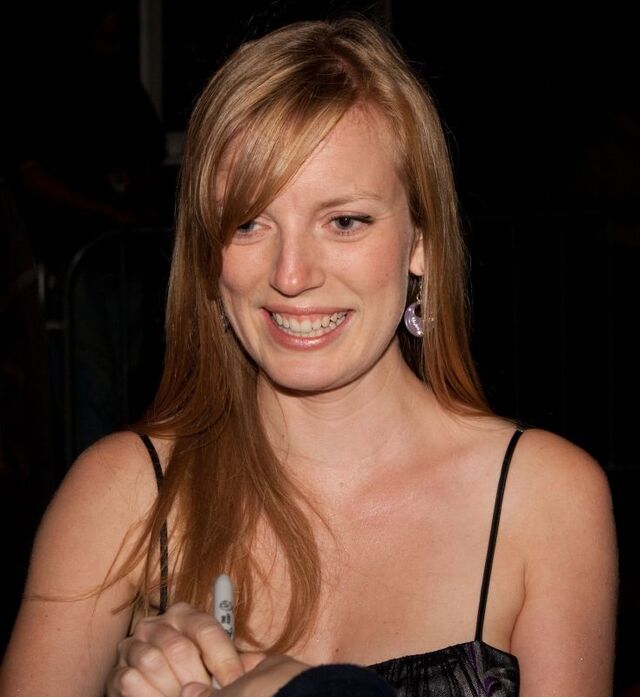Sarah Polley stands out as a multifaceted talent in the world of entertainment. From her early days as a child actress in beloved television shows to becoming an acclaimed filmmaker and activist, Polley’s journey is a powerful testament to creativity and resilience. With critically acclaimed films like Away from Her and Women Talking, Polley has redefined storytelling by weaving personal narratives into universal themes of love, memory, and justice. Her career, marked by groundbreaking achievements and courageous activism, reflects her dedication to the art of storytelling and social change.
Early Life: A Foundation in Creativity and Challenge
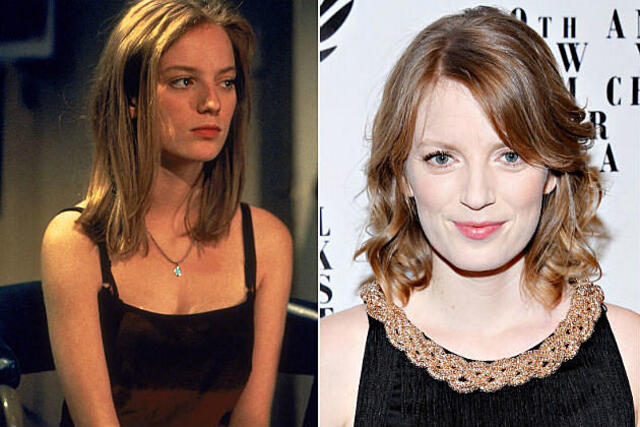
Sarah Polley was born on January 8, 1979, in Toronto, Ontario, into a family deeply rooted in the arts. Her mother, Diane Polley, was an actress and casting director, and her father, Michael Polley, was a former actor turned insurance agent. Growing up as the youngest of five children, Sarah’s early life was filled with creativity, but also marked by challenges.
At just 11 years old, Sarah lost her mother to cancer—a loss that would profoundly shape her storytelling perspective. Adding complexity to her life, Polley later discovered that her biological father was Harry Gulkin, a Canadian film producer. This revelation became the focus of her deeply personal documentary Stories We Tell, where she explored family secrets and identity with remarkable candor.
Polley also faced physical challenges, including severe scoliosis, which required a significant spinal operation during her teenage years. Despite these obstacles, she pursued her passion for acting and storytelling with determination, embodying resilience and creativity from a young age.
Video:
Child Stardom and Acting Career
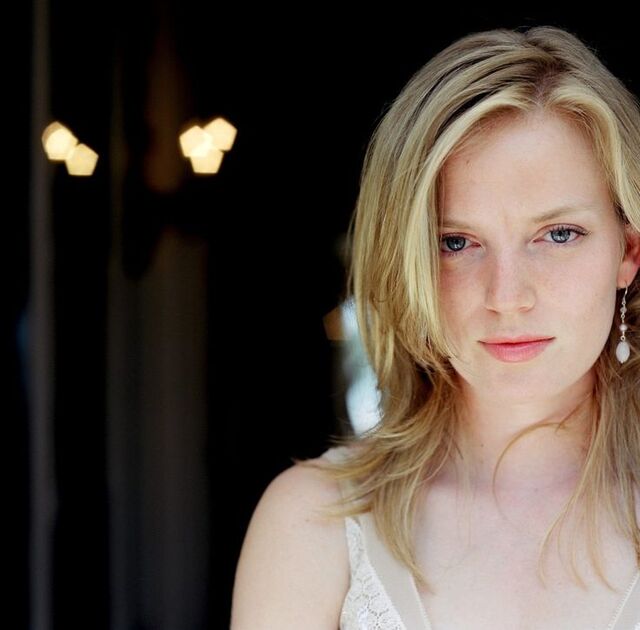
Polley’s acting career began at just four years old in the film One Magic Christmas. She gained wider recognition for her role as Ramona Quimby in the television adaptation of Beverly Cleary’s books. However, her true breakthrough came with the popular CBC series Road to Avonlea, where she played Sara Stanley. The show, which aired internationally on Disney Channel, brought her widespread acclaim and financial independence, earning her the nickname “Canada’s Sweetheart.”
Dissatisfied with the constraints of child stardom, Polley sought more mature and challenging roles. Her performance in Atom Egoyan’s The Sweet Hereafter (1997) garnered critical acclaim and solidified her reputation as a serious actress. Subsequent roles in films like My Life Without Me (2003) and Dawn of the Dead (2004) showcased her versatility, balancing indie charm with mainstream appeal.
A Visionary Behind the Camera
Directorial Debut: Away from Her
In 2006, Polley made her directorial debut with Away from Her, an adaptation of Alice Munro’s short story The Bear Came Over the Mountain. Starring Julie Christie, the film explores themes of love and memory in the face of Alzheimer’s disease. It received widespread critical acclaim, earning Polley an Academy Award nomination for Best Adapted Screenplay and a Genie Award for Best Director.
Exploring New Narratives
Polley followed up with Take This Waltz (2011), a poignant exploration of love and fidelity, starring Michelle Williams and Seth Rogen. Her third feature, Stories We Tell (2012), was a deeply personal documentary examining her family’s secrets and her mother’s life. The film’s innovative blend of narrative and documentary storytelling won critical acclaim and solidified Polley’s reputation as a fearless and inventive filmmaker.
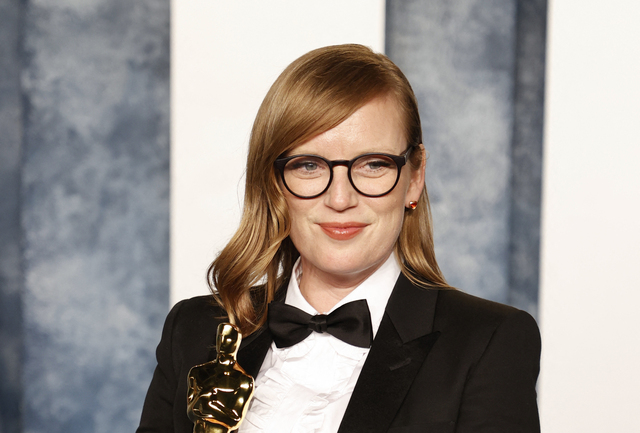
Recent Triumph: Women Talking
In 2022, Polley wrote and directed Women Talking, adapted from Miriam Toews’ novel. The film, which delves into the collective trauma and resilience of women in a Mennonite community, earned her the Academy Award for Best Adapted Screenplay. Its exploration of themes like solidarity and justice resonated deeply with audiences and critics alike, showcasing Polley’s ability to tackle complex social issues with grace and sensitivity.
Advocacy and Activism
Polley has been a vocal advocate for women’s rights and representation in the film industry. Her 2017 op-ed in The New York Times detailed her experiences with gendered power dynamics in Hollywood and her decision to step back from acting. She has used her platform to push for equity and diversity, inspiring a new generation of filmmakers to prioritize inclusive storytelling.
From a young age, Polley demonstrated a commitment to activism. At 12, she wore a peace sign to protest the Gulf War, defying Disney executives at an awards ceremony. Later, she became involved with the Ontario Coalition Against Poverty and other social justice movements, consistently using her voice to advocate for marginalized communities.
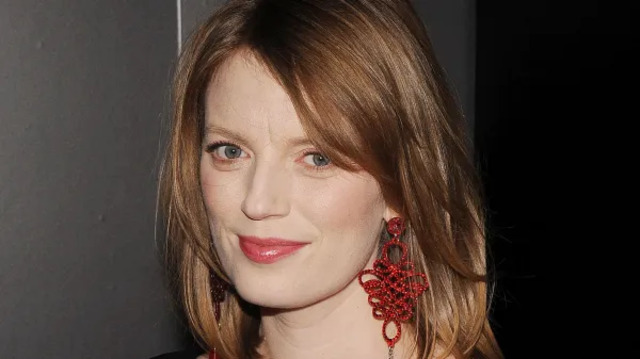
Personal Resilience and Reflections
Polley’s personal life has been as dynamic as her career. After marrying Canadian film editor David Wharnsby in 2003, the couple divorced in 2008. She later married lawyer David Sandomierski in 2011, and they have three children together. Polley has spoken candidly about balancing her roles as a filmmaker, activist, and mother, often drawing on her personal experiences to inform her work.
Polley has faced significant challenges, including trauma and a debilitating head injury that left her with post-concussion syndrome for four years. Her essay collection Run Towards the Danger (2022) reflects on these experiences, offering insights into her resilience and determination to confront life’s complexities head-on.
Legacy and Influence
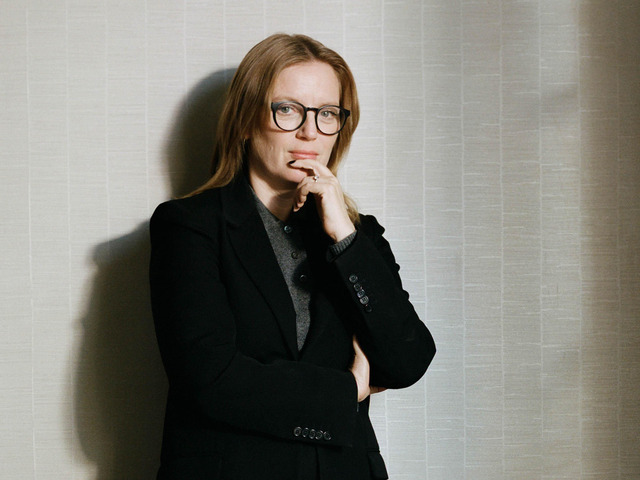
Sarah Polley’s journey from child actress to award-winning filmmaker is a testament to her creativity, courage, and commitment to storytelling. Her films, which explore universal themes through deeply personal narratives, have redefined the boundaries of cinema. As an advocate for equity and diversity, Polley has also used her platform to inspire change within the industry and beyond.
Her ability to balance artistic ambition with social responsibility makes her a true trailblazer, and her work continues to resonate with audiences worldwide. Through her films, essays, and activism, Polley has created a legacy that transcends entertainment, reminding us of the power of stories to illuminate, challenge, and transform.
Conclusion
Sarah Polley’s career is a shining example of resilience, creativity, and authenticity. From her early days as an actress to her current status as an acclaimed filmmaker and activist, Polley has consistently pushed the boundaries of storytelling. Her ability to transform personal challenges into universal narratives has not only enriched the film industry but also inspired audiences to see the world through a more empathetic lens. As she continues to create and advocate, Polley’s impact on cinema and society remains profound and enduring.
